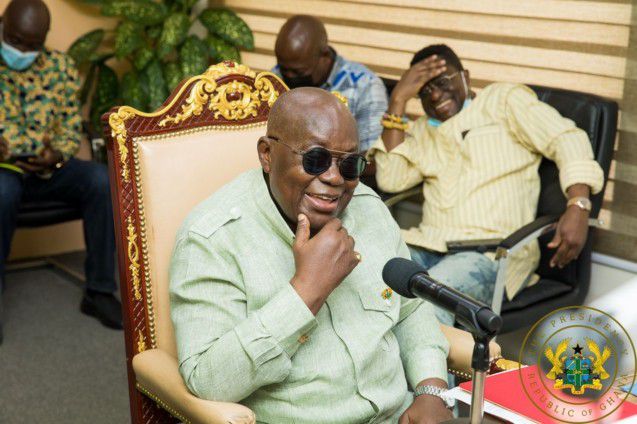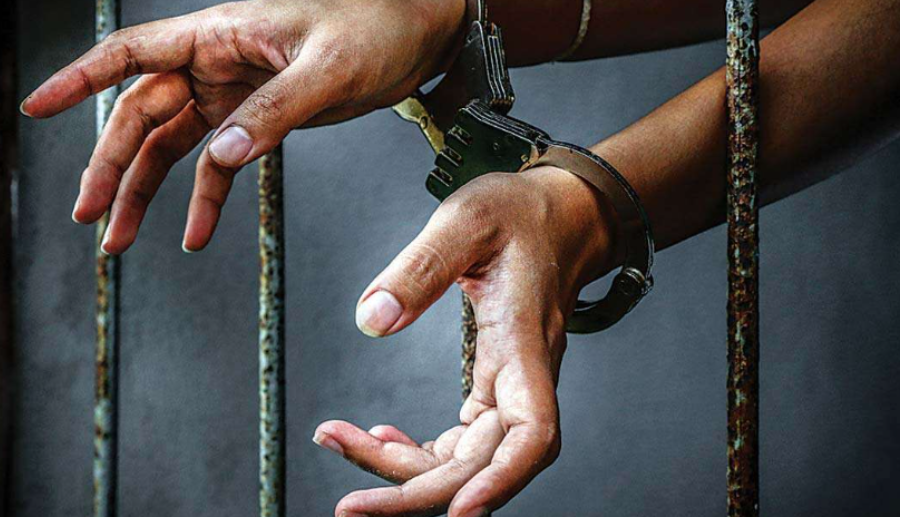

The Congressional Budget Office estimates that an extension of the Children's Health Insurance Program would cost the government $800 million over 10 years.
- The Congressional Budget Office (CBO) estimates that an extension of the Children's Health Insurance Program (CHIP) would cost the government $800 million over 10 years.
- An earlier projection put the cost at $8.2 billion, but the Republican tax law signed by President Donald Trump last month changed that.
- Advocates hope this change will enable Congress to come to an agreement on a long-term solution.
Time is running out yet again for Congress to agree on a long-term solution for the Children's Health Insurance Program (CHIP), a bipartisan measure that insures close to 9 million children and pregnant women across the US.
CHIP expired September 30, threatening coverage for millions of recipients who would likely otherwise be uninsured. While the 20-year-old program enjoys wide support from Republicans and Democrats, they have been unable to compromise on an extension over a funding dispute.
But last week, the Congressional Budget Office (CBO) granted lawmakers a lifeline.
In a letter to Utah Sen. Orrin Hatch, who heads the Senate's Finance Committee, CBO Director Keith Hall said that a five-year extension of CHIP would cost the government $800 million over a 10-year period. That is $7.4 billion less than the CBO's earlier projection announced in October.
"The new CBO score is great news because a major sticking point has been how to pay for CHIP," Tricia Brooks, a healthcare policy expert and former CHIP director for New Hampshire, told Business Insider.
Last month, when Congress allocated $2.85 billion in additional funding to keep CHIP running a couple extra months in the most vulnerable states, some lawmakers complained that they didn't have enough money to pay for the program. But now that the CBO has shaved billions off its projection, Brooks suggests that it may help Congress finally come to an agreement.
Trump's tax bill might save CHIP
The drastic change in CHIP's estimated cost is a result of the Republican tax law that President Donald Trump signed in December, according to the CBO. Thanks to the law's repeal of the individual mandate, which forced Americans to buy health insurance or pay a fine, the cost of healthcare in the marketplaces will likely increase.
This will encourage parents to shift their children from the marketplace to CHIP, a cheaper alternative. The more people enrolled in CHIP, the less the government will have to subsidize individuals in marketplace exchanges.
Today's delay in long-term funding has forced states around the country to rely on leftover money and emergency government grants to maintain coverage for millions of their residents. But these temporary funds are quickly disappearing.
Georgetown University's Center for Children and Families (CCF) predicted in a report this month that 11 states would run out of CHIP funding before the end of February if Congress doesn't approve a long-term solution. Another 13 states are expected to run out of funds the following month. By March 1, the CCF says that at least 1.7 million people could lose coverage.
Since 1997, CHIP has provided healthcare to millions of Americans and helped to drastically reduce the uninsured rate of children.
The Congressional Budget Office estimates that an extension of the Children's Health Insurance Program would cost the government $800 million over 10 years. Read Full Story
















Facebook
Twitter
Pinterest
Instagram
Google+
YouTube
LinkedIn
RSS